The Japanese men's basketball team made a historic breakthrough by defeating China with a score of 74-67, marking the first victory over China in 50 years at the Asian Championship. This match not only rewrote the basketball history between the two countries but also caused a stir in the Asian basketball scene.
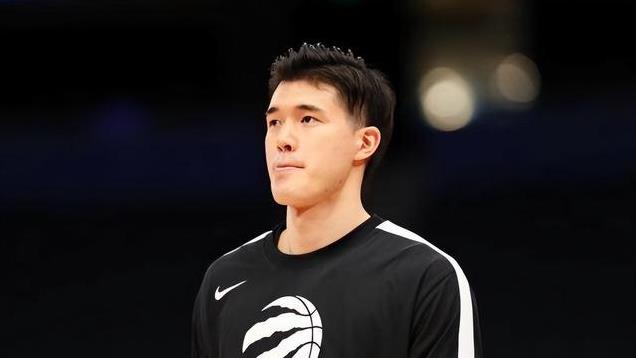
The basketball arena in Jakarta, Indonesia was filled with excitement and tension as the game between China and Japan in the Asian Cup men's basketball group stage was about to begin. The Chinese team sent out their main lineup including Zhou Qi, Guo Ailun, Zhao Jiwei, while the Japanese team featured Hachimura, Yuta Watanabe, and Yuki Togashi at the core. Both teams were evenly matched, making it difficult to predict the outcome of the game.
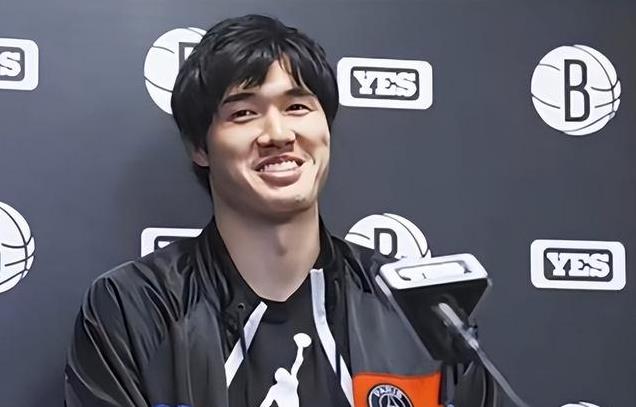
As the whistle blew, the match officially began. In the first half, both sides fought fiercely, with neither able to gain a decisive advantage. The Chinese team took the lead with their inside dominance, and Zhou Qi's control under the basket gave the Japanese team a hard time. However, the Japanese team did not back down, with Hachimura's breakthroughs and Watanabe's three-point shots keeping the score close.
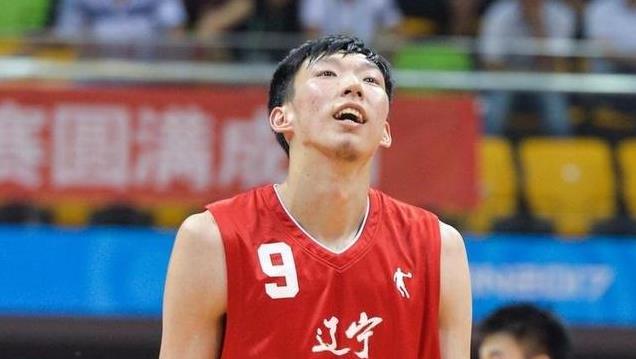
In the second half, the situation suddenly changed. The Japanese team adjusted their tactics, strengthened their perimeter defense, and frequently used screens to create opportunities. The Chinese team seemed to lose their footing, with a noticeable drop in offensive efficiency. The Japanese team seized the opportunity and launched a small scoring spree at the end of the third quarter, overtaking the score. In the final quarter, the Chinese team fought back fiercely, but the Japanese team tenaciously held onto their lead. In the last moments of the game, Togashi's crucial three-pointer extinguished any hopes for the Chinese team. The final whistle blew, and the score was set at 74-67, with the Japanese team claiming this historic victory.

After the game, the Japanese players embraced each other in excitement, while the Chinese players left the court dejected. This match was not just a battle for victory but also a test of the basketball strength between the two countries. An excited Japanese netizen commented, "It's unbelievable! We finally defeated the Chinese team; it's like a dream come true. Watching our players fight on the court makes me incredibly proud. This victory proves that Japanese basketball is rapidly progressing; we have the ability to challenge the top Asian teams. I hope this is just the beginning, and in the future, we can achieve even better results on the world stage."

Rational voices also pointed out the problems with the Chinese team. A Chinese basketball fan analyzed, "We must admit that this defeat exposed many issues within our team. During the transition period of new and old players, we lack a true leader-type player. Our tactical system is relatively simple, leaving us helpless against the flexible Japanese style of play. We need to improve our outside shooting ability. I hope this loss serves as a wake-up call, prompting us to reevaluate ourselves, strengthen training, and enhance our strength."

The result of this match garnered widespread attention in the international basketball community. An American basketball commentator said, "The rise of the Japanese team is surprising. Their style of play combines the fast pace of American basketball with the agility of Asian players, making it very distinctive. On the other hand, the Chinese team seems to be in a dilemma; they need to quickly find a playing style that suits them. Competition is always beneficial as it will promote the overall improvement of Asian basketball."

Interestingly, a South Korean netizen jokingly said, "It looks like the Asian basketball scene is about to change! With the Japanese team defeating the Chinese team, does this mean our South Korean team has a chance too? But seriously, this match was truly exciting and got my blood pumping. I hope to see more high-level matches like this in the future; go Asian basketball!"
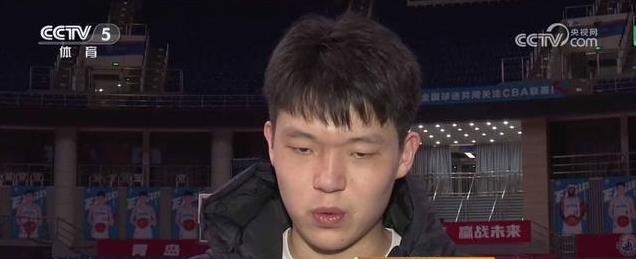
For the Chinese men's basketball team, this defeat was undoubtedly a wake-up call. A veteran basketball coach shared his opinion, "We need to reflect not only on the technical and tactical aspects but also on the cultivation of psychological quality. At critical moments, our players seem to lack the tenacity to fight until the end. We must also focus on the construction of our youth training system to cultivate more well-rounded players. Only by fundamentally solving these problems can Chinese basketball return to the top of Asia."
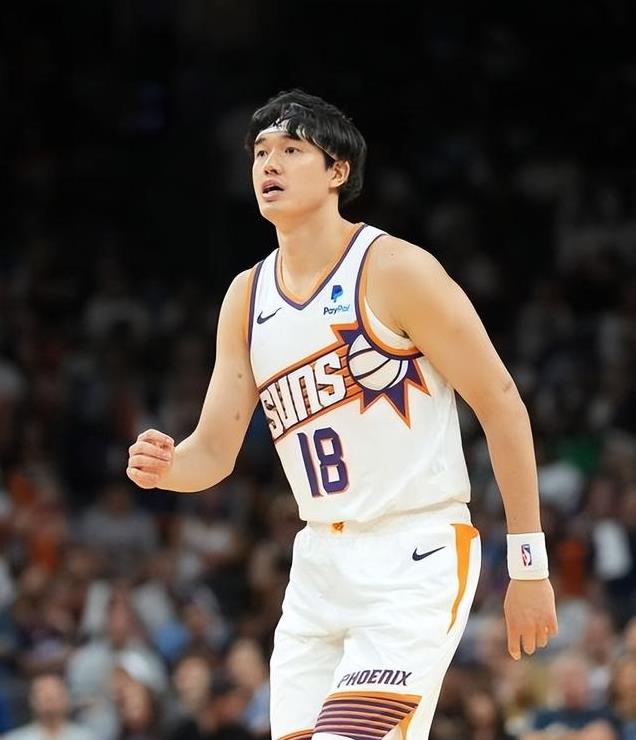
Not everyone is pessimistic about the future of the Chinese men's basketball team. An optimistic fan encouraged, "Failure is the mother of success. Although this loss is saddening, it also provides us with the motivation to improve. I believe our players will learn from this experience and become even stronger. Chinese basketball has a deep foundation; as long as we persist, we will surely regain our glory."
This match not only changed the basketball landscape between China and Japan but also brought new vitality to the entire Asian basketball scene. A basketball commentator summarized, "Competition is always the greatest driving force for progress. The rise of the Japanese team will inspire other Asian teams to catch up. The Chinese team will also feel the pressure and be forced to accelerate their adjustments and improvements. In the long run, this is good for the overall development of Asian basketball. We look forward to seeing more exciting matches and witnessing the continuous improvement of Asian basketball standards."
With the end of this match, the pattern of the Asian basketball scene quietly changed. The rise of the Japanese team injected new vitality into Asian basketball, while the Chinese team faced the challenges of adjustment and rebuilding. Regardless, this match will be recorded in the annals of Asian basketball history as an important milestone marking the arrival of a new era.